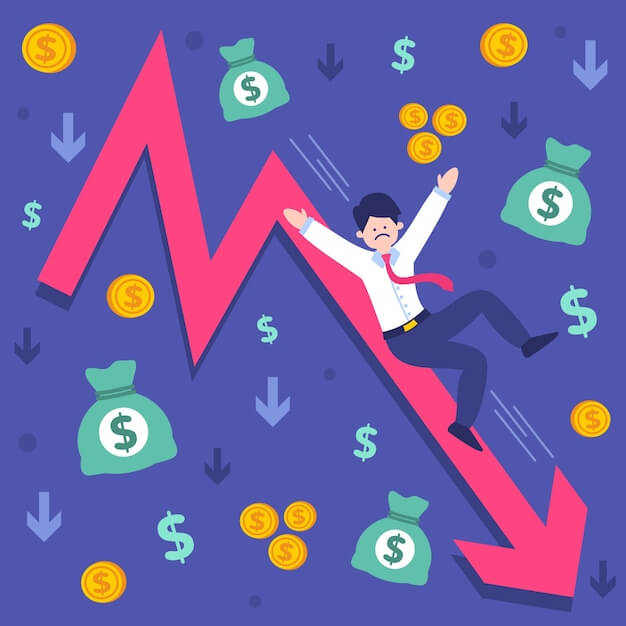Asa Candler, the father of Coca-Cola, was born on 30 December 1851 and died on 12 March 1929.

"The father of Coca-Cola, Asa Candler, with the sensitivity and audacity of a businessman, turned an ordinary drink into a favourite of countless Americans and took it to every part of the world; he made Coca-Cola the largest soft drink company in America and Coca-Cola the symbol of soft drinks. The largest soft drink company, Coca-Cola became the symbol of soft drinks; and ultimately, his name was written on the pages of history. It is impossible to count the number of people around the world who are now drinking Coca-Cola in their hands. Coca-Cola, the quintessential American beverage, has now become a famous American brand, a world famous brand and a symbol of American culture. The president of Coca-Cola has said many times that even if my factory is destroyed by fire, even if the world is hit by financial turmoil, if I am left with the Coca-Cola formula, I can still rise again and start afresh because of the Coca-Cola brand. Indeed, this seemingly ordinary drink has found its way into the homes of ordinary people and we will drink the same Coca-Cola in different places, East or West, Asia or Europe. And it is thanks to one man, Asa Candler, that Coca-Cola has come to market, to the homes of millions of people and to every ordinary citizen.
Asa was very good at learning from his experiences in marketing and in the process of selling Coca-Cola, he soon realised that if the drink was only marketed as a 'medicinal drink', the consumers of the product would be limited to the 'patient group'. If the promotion was changed to a popular soft drink that everyone could drink, why not sell it? Since then, Coca-Cola has changed from a medicinal drink to a familiar "refreshing" drink.

Sales work
In the early days of the company, a grocer told Asa that he wanted his barrel of Coca-Cola syrup to have foam in it. So, Asa immediately sent his nephew George. When George arrived at the wholesale grocery shop, he tried his best to make the Coca-Cola syrup froth until the barrel had more foam than any other barrel. One Saturday afternoon in 1890, there were only two or three people left in the factory. At that moment a grocer several blocks away sent word that he needed some Coca-Cola syrup. When Asa heard the news, he rushed to the salesroom to have it delivered to the grocer, only to find that there was no stock left in the salesroom either. So Asa took it upon himself to process a gallon of Coca-Cola syrup specifically for this customer and immediately called another man to deliver the goods. It was particularly rare that such a small amount of Coca-Cola syrup was processed and still maintained a uniformly high standard and excellent taste. Asa didn't let the small volume of the business deter him at all from taking the job. Asa's business sense and meticulous character to do everything for the customer, and to do his best not to lose a single sale, enabled Asa to win customers and for Coca-Cola's business to flourish and grow.
Asa has a motto: "The Coca-Cola you lose today will never be made up tomorrow." Starting with the smallest details, taking every business seriously and striving to do it right has enabled many customers to gain enough self-esteem from him and feel Asa's confidence. As a result, all his customers were happy to do business with Asa and believed in the quality of Asa's Coca-Cola syrup. As a result, Asa's customers grew and so did his business.

Trademark registration
In the face of Coca-Cola's great success, many counterfeit products appeared on the market, such as "Coke King", "Happy Coke" and so on, and it became imperative to defend the company's legal rights. With the help of his brother John, Asa registered his company's trademark "Coca-Cola" in 1905, just after the US Trademark Act had been implemented, to protect his interests with the help of the law.

In 1903, a chemist tested Coca-Cola for cocaine, and Asa was sued by the federal government and lost the case. But it wasn't long before Asa was sued again in 1906, as the new Director of the Drug Administration wanted to take on the big fish "in his new role". The lawsuit lasted eight years and cost $250,000. Although he won the case, he was so exhausted that he decided to retire from the business and live out his days.















